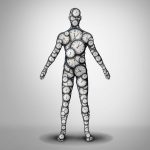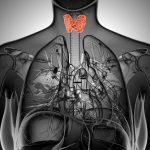What foods are addictive?
What fat, glycemic load and processed foods can do to us
We all know that not all calories are created equal, but now there is evidence to suggest certain foods have a higher association with food additions.
Obesity is a growing concern in North America as more than 85 percent of the population in the U.S. is projected to be overweight by 2030. This puts a strain on our health care system and means more individuals living with chronic disease. There are multiple factors contributing to these growing concerns, for example, we have more access to low-quality fast foods, increased portion sizes, and see decreased participation in physical activity. Although there are many contributing factors, the quality of food we eat could be leading to overeating by triggering food addictions.
Food addiction has been defined as a combination of symptoms, such as the loss of control over how much is eaten, the continued desired to eat, and the inability to reduce portions. Individuals have been shown to respond to certain foods in an addictive way, showing lack of control and emotional reactivity similar to those seen with substance abuse addictions. Neuroimaging has confirmed that increased activation in reward-related regions of the brain can be seen in response to certain foods.
Research has also shown that diets based on more highly processed foods, with foods with higher glycemic load (GL), and with higher fat content are associated with more addictive food behaviors. Once exposed to these unhealthy food options, there is a higher chance of binge eating, a down-regulation of dopamine systems, and a higher desire to seek out more processed foods despite these negative consequences. Also, individuals with these addictive food behaviors may be more predisposed to larger spikes in blood sugar from higher GL foods. Future research will hope to answer the questions of whether other characteristics such as withdrawal and tolerance like symptoms are associated with the quality of food we eat.
PMCID: PMC4334652










